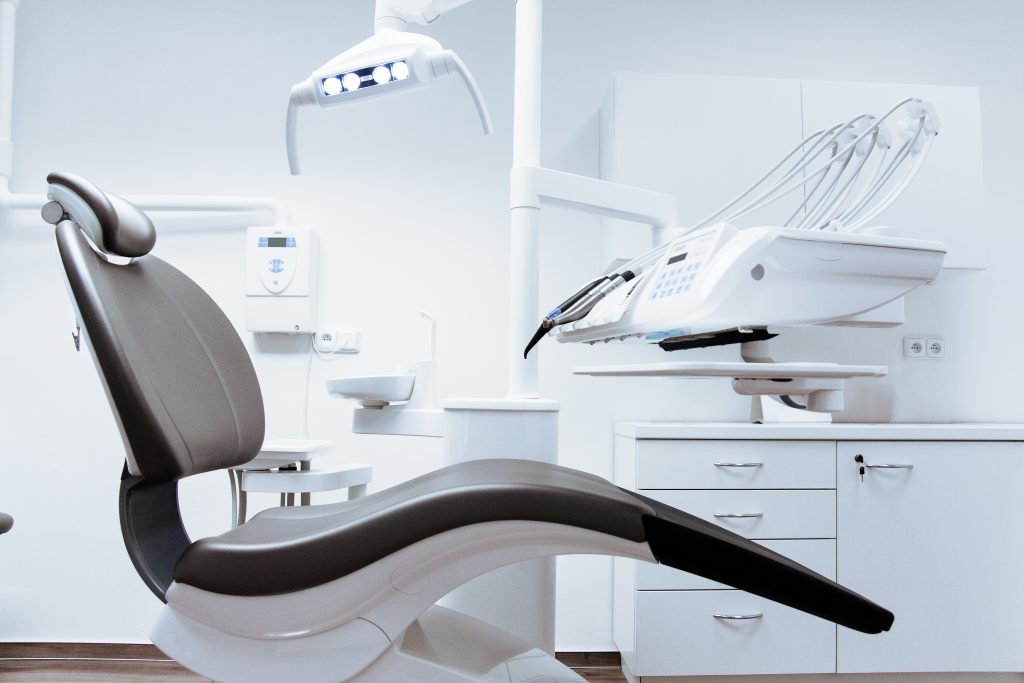Preventive Dentistry: Building Strong Oral Health Habits in Jonesboro, AR
While dental problems can arise suddenly, like a cracked tooth, many develop in your mouth long before they become painful. A seemingly insignificant plaque build-up on a tooth could evolve into gingivitis, gum disease, and eventually periodontal disease. The good news is that you can develop oral health habits that resolve minor dental issues before they become something worse. A dentist in Jonesboro, AR, can help you and your family build strong oral health habits with a few key preventive dentistry best practices.
1. Maintain a regular brushing and flossing routine.
The American Dental Association (ADA) recommends brushing twice daily and flossing once daily for the best oral health outcomes. But brushing for ten seconds and flossing one tooth won’t cut it. Many electric toothbrushes have settings that encourage brushing for two minutes. And if you use a regular toothbrush, it can be helpful to set a timer, especially for children as they develop the habit. If flossing feels painful or difficult, water flossers are an excellent alternative to discuss with your dentist.
2. Visit a dentist for regular cleanings twice a year.
There’s no one better to check your mouth for early signs of dental problems than your local dentist. And many dental insurance plans cover preventive care, including your twice-yearly cleanings. However, it’s important to confirm how much your insurance will cover before you show up for the appointment to avoid any unexpected financial burdens.
3. Get annual X-rays to check for serious issues.
While dentists will visually inspect your teeth, gums, tongue, and mouth during the cleaning, X-rays can provide insights into what’s going on beneath the surface of your teeth. They can expose areas of decay, which may indicate a cavity, infection, or bone loss. If an X-ray shows a cavity, you can work with your dentist to understand options and the cost of a tooth filling before you go through with the procedure.
4. Be mindful of how your diet impacts your mouth.
What you eat impacts your teeth and gums. Avoiding sugary drinks and snacks and limiting the amount of tough or crunchy foods you consume can benefit your oral health. Talk to your dentist about your diet if you suspect it’s causing problems with your teeth.
5. Consider a mouth guard for suspected clenching or grinding.
If you wake up with unexplained headaches or notice wear on your teeth, you might be clenching or grinding in your sleep. Dentists often recommend a night guard to wear only during sleep to help prevent this kind of issue early, which could prevent it from becoming a more serious TMJ disorder.
6. Protect your children’s teeth while playing sports.
Acute injury is one way children’s teeth can be damaged. Fitting an athletic mouthguard can help keep them safe during sports that involve contact with other athletes or balls.
The bottom line
Preventive dentistry can lower your risk of more serious dental problems down the road. Brushing regularly, flossing, choosing healthy foods, and visiting your dentist twice a year can all help keep your mouth healthy for decades to come. When in doubt, consulting your trusted Jonesboro dentist is one of the best ways to get the education and support your family needs to develop healthy oral habits.

